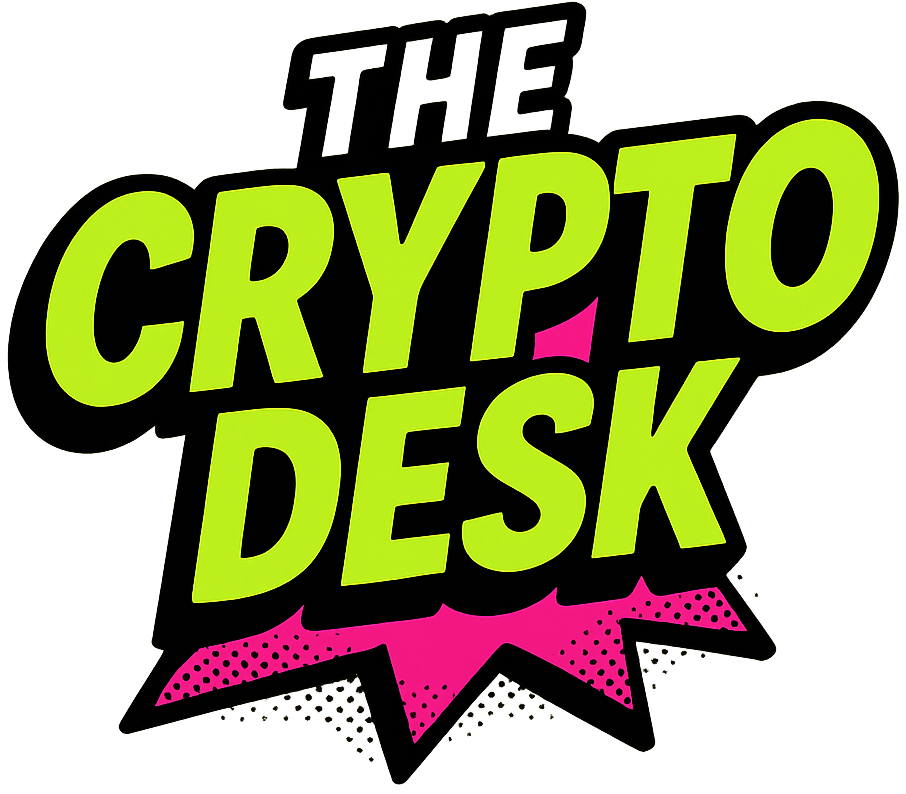The South Korean Crypto Surge: A New Dawn for Digital Assets
South Korea is experiencing a remarkable wave of interest in cryptocurrency, with an estimated $73.4 billion worth of digital assets being held by citizens on domestic exchanges. This striking figure highlights a growing embrace of cryptocurrency within the nation and signifies a pivotal moment as the Bank of Korea (BOK) reports unprecedented levels of market capitalization for cryptocurrencies held in domestic wallets.

A Record-Breaking Milestone
According to the BOK’s recent payment settlement report, the total value of cryptocurrencies stashed in South Korean wallets has surged past the monumental 100 trillion won mark (approximately $70.5 billion) for the first time as of December 2024. This record is particularly noteworthy as it represents the largest monthly total since the BOK began compiling crypto data, underscoring a watershed moment for the cryptocurrency landscape in South Korea.
Interestingly, this surge in digital assets correlates with the recent U.S. presidential election. Political analysts suggest that the electoral victory of Donald Trump in November 2024 ignited a buying frenzy among South Korean investors. In just two months, from October to December, the amount of cryptocurrency held doubled, escalating from 58 trillion won ($41 billion) to an astounding 100 trillion won. This increase was reportedly driven by Trump’s promises of a more favorable regulatory environment for cryptocurrencies.
Transaction Volumes on the Rise
The excitement surrounding cryptocurrencies is not only reflected in the amounts being HODLed; trading activity has also seen substantial growth. By the end of 2024, average daily transaction volumes soared to 17.2 trillion won ($12.1 billion), marking a five-fold increase from the previous October. This explosive growth indicates a burgeoning enthusiasm for digital currencies among South Korean investors.
Beyond Elections: Internal Factors Fueling Growth
While Trump’s election undeniably played a significant role in this crypto boom, domestic developments have also been critical. The implementation of the Virtual Asset User Protection Act in July 2024 provided legal grounding and protections for crypto users, instilling a greater sense of security in the market. Additionally, discussions surrounding further enhancements to this framework were set to begin in November, although they were temporarily suspended due to political turbulence following President Yoon Suk-yeol’s controversial martial law proposal.
Despite current hurdles, regulatory bodies have expressed commitment to advancing crypto sector reforms, signaling potential change after the June presidential elections. Industry insiders are anxious for progress, particularly as South Korean firms remain barred from launching their own digital assets or utilizing company balance sheets to invest in cryptocurrencies like Bitcoin. This restriction risks stifling local innovation while the U.S. and Japanese markets thrive.
South Korea and the US will kick off trade negotiations this week as the Asian export powerhouse seeks to persuade Donald Trump’s administration to ease the punitive levies that are starting to bite the economy. https://t.co/Tl9M5L4yyg— Bloomberg (@business) April 21, 2025
Looking Ahead: Stablecoin Legislation on the Horizon
As the crypto landscape becomes more intricate, the BOK is actively engaging in discussions about potential regulations for stablecoins—a form of cryptocurrency designed to minimize price volatility. The bank has voiced concerns regarding the broader implications stablecoins might have on payment systems and monetary policy. If widely adopted, stablecoins could challenge the effectiveness of traditional legal tender, necessitating a specialized regulatory framework.
South Korea’s acting president says tariff talks with US may not be easy https://t.co/syhwlfQdpi pic.twitter.com/scAWNlH5Pv— Reuters (@Reuters) April 21, 2025
Promisingly, the BOK is positioning itself to play a proactive role in the formulation of stablecoin legislation, collaborating with the Virtual Asset Committee to ensure regulatory measures align with central banking perspectives. This initiative could pave the way for greater innovation and development in South Korea’s crypto ecosystem.
Conclusion: A New Era for South Korean Cryptocurrency
The rapid expansion of cryptocurrency holdings and trading activity across South Korea marks a significant shift in the nation’s financial landscape. As regulatory frameworks evolve and new policies emerge, the ground is being laid for a more robust and resilient crypto market. What does this mean for the future of digital assets in South Korea? Only time will tell, but one thing is certain: the world will be watching closely. Are we witnessing the dawn of a new era in South Korea’s approach to cryptocurrency?

